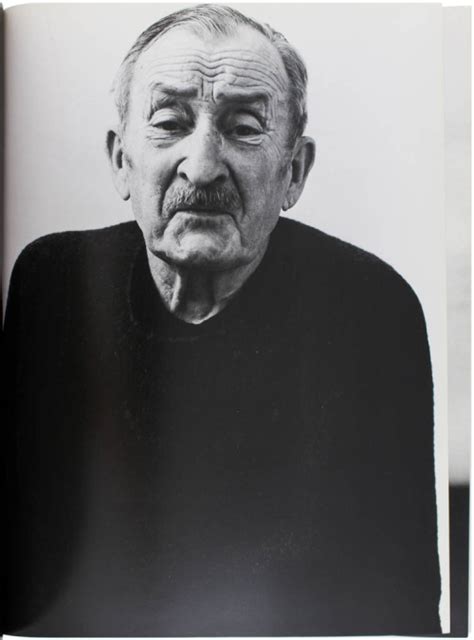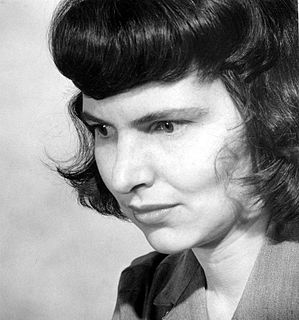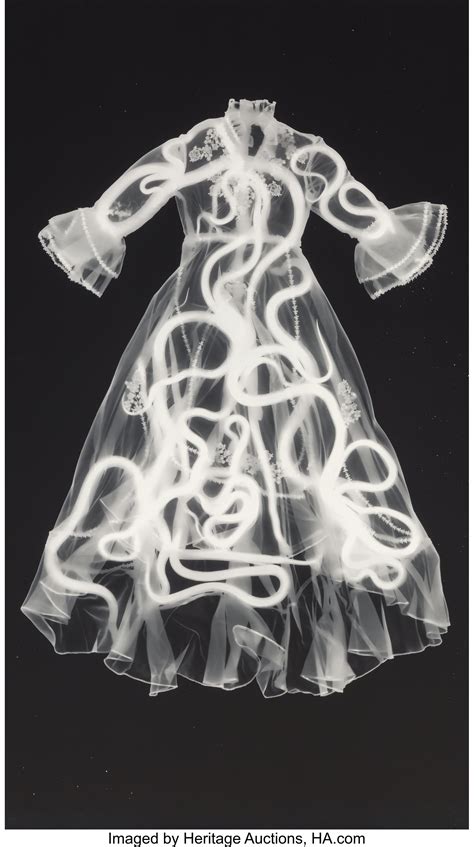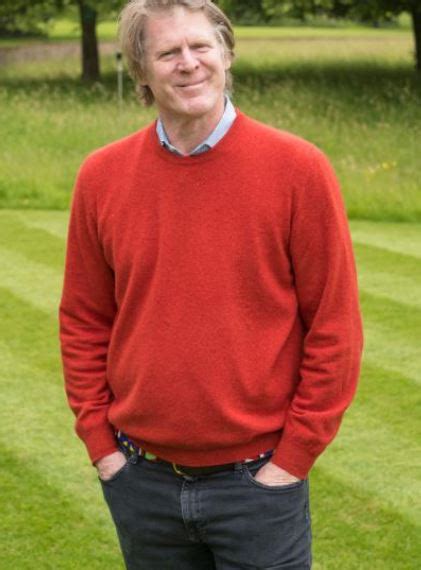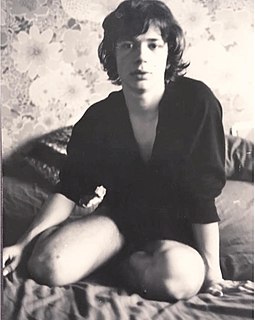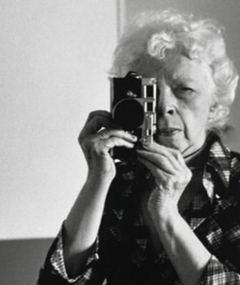A Quote by Andy Grundberg
[Postmodern photography] implies the exhaustion of the image universe: it suggests that a photographer can find more than enough images already existing in the world without the bother of making new ones.
Related Quotes
At birth we begin to discover that shapes, sounds, lights, and textures have meaning. Long before we learn to talk, sounds and images form the world we live in. All our lives, that world is more immediate than words and difficult to articulate. Photography, reflecting those images with uncanny accuracy, evokes their associations and our instant conviction. The art of the photographer lies in using those connotations, as a poet uses the connotations of words and a musician the tonal connotations of sounds.
The original interest in making pictures that don't directly depict came around '97 or '98, when I felt there was such an acceleration of images in the world, and that was before Flickr and so on. So I felt a need to slow down how one consumes photographs. With the abstract pictures, I was engaged in trying to find new images, but in practice, it was a bit like throwing a wrench in the spokes. The omnipresence of photography is at a level that it has never been in the history of the world. I feel really curious to now reengage and see what the camera can do for me.
To us, the difference between the #? photographer as an individual eye and the photographer as an objective recorder seems fundamental, the difference often regarded, mistakenly, as separating photography as art from #? photography as document. But both are logical extensions of what photography means: note-taking on, potentially, everything in the world, from every possible angle.
I was attracted to photography because it was technical, full of gadgets, and I was obsessed with science. But at some point around fifteen or sixteen, I had a sense that photography could provide a bridge from the world of science to the world of art, or image. Photography was a means of crossing into a new place I didn't know.
The question occurred to me: Well, if that's so, if the Divine is ultimately formless and genderless, what's the big deal? Why all this bother? The bother is because we have no other way of speaking about the Absolute. We need forms and images. Without them we have no way of relating to the Divine. Symbol and image create a universal spiritual language. It's the language the soul understands.
Sven Schumann did an interview with photographer Wolfgang Tillmans in Berlin addressing the question: What is photography today when everyone is a photographer? These kinds of questions and answers you find in a magazine, on paper and not on Instagram. For me this is the essence of a magazine - it's questioning what's going on today and celebrating true creativity without compromise.
